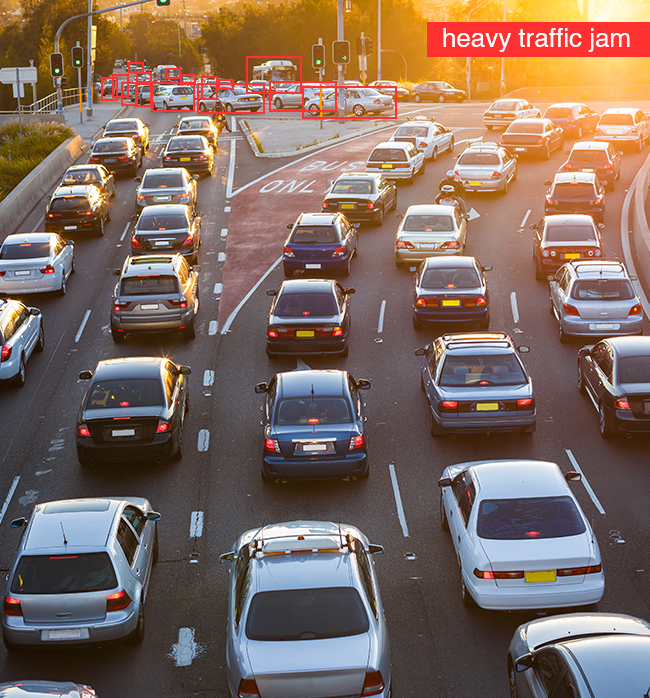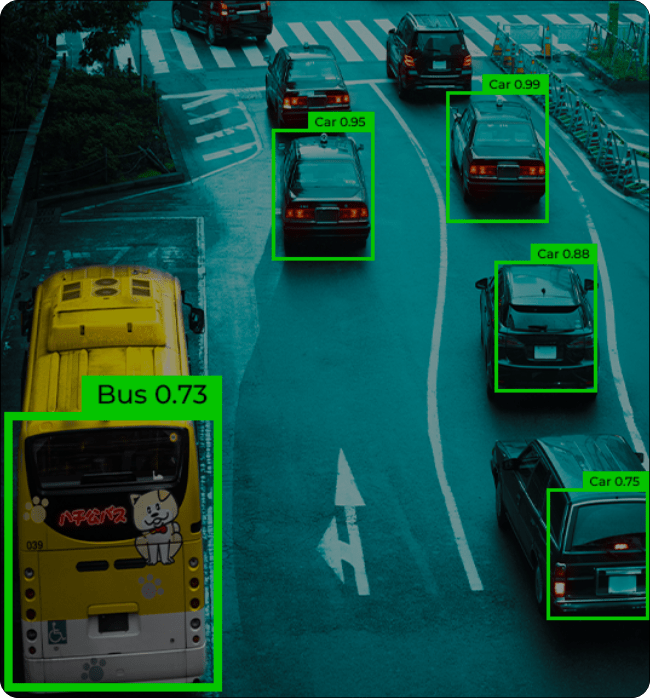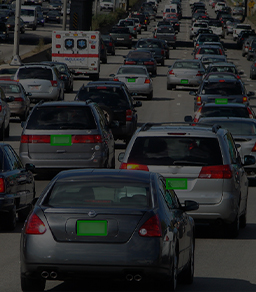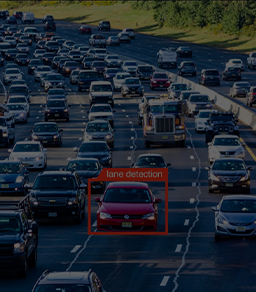Traffic Counting
Urban Mobility Using Traffic Counting with Vision AI
Enable effective traffic counting, boost traffic flow, enhance road safety, and reduce congestion. By accurately analyzing and predicting traffic patterns in real-time, traffic authorities make data-driven decisions and implement proactive measures.

Navigating Challenges in Traffic Counting with Vision AI
Mitigating traffic issues can be complex due to congestion, inadequate public transport access, and recurring accidents.
- Traffic Congestion: Heavy traffic congestion limits the ability to accurately count vehicles.
- Data Management: Generating insights from data necessitates precise management.
- Safety: Implementing safety measures in high-risk areas.
Process Flow of Traffic Counting with Computer Vision
Enhancing Transportation Management with traffic data through collecting, processing, analyzing, and visually reporting data to improve infrastructure and safety.
- Dataset Preparation: Cleaning, transforming, and organizing raw data into an insightful format.
- Vehicle Counting: GMM (Gaussian Mixture Models) counts vehicles via video surveillance in detection zones.
- Detection and Classification of Vehicles: Validating the categorization of vehicles through a visual classifier.


Traffic Control with Vehicle Detection and Counting Using Computer Vision
We analyze transportation infrastructure and recommend tailored solutions to improve traffic flow and reduce travel times.
- Automatic Vehicle or Pedestrian Counting: Leverage automated sensors to count and measure traffic flow.
- Automatic Number Plate Recognition: Automatic detection, capture, and interpretation of vehicle license plate information.
- Traffic Violation Detection: Detect when a driver violates traffic laws or regulations.
Deploy Traffic Counting with Vision AI for Adaptive Traffic Management
Analyze and interpret the bustling streets, highways, and transportation networks with unparalleled accuracy. From traffic patterns to congestion hotspots, we provide real-time insights, empowering traffic authorities to make informed decisions for optimized traffic flow, enhanced safety, and improved transportation efficiency.




